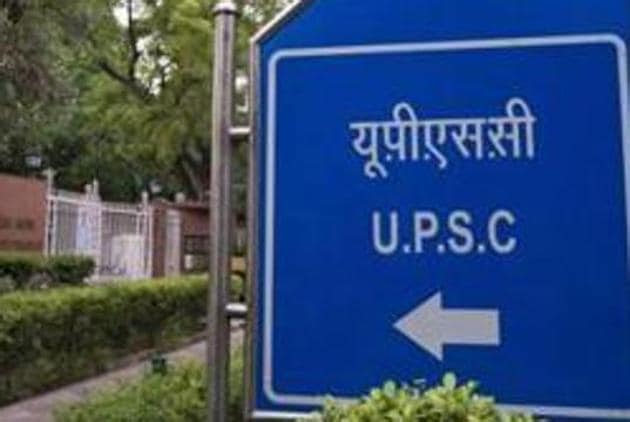Don’t impair the integrity of the UPSC exam system
The panel must address concerns on quality of questions, nature of the exam, and what it is seeking in a candidate
Question 10 of the general studies paper-I in the civil services main examination, held by the Union Public Service Commission (UPSC) on September 21, has attracted media attention. It read: “What are the challenges to our cultural practices in the name of secularism?” It is not easy to ascertain the intent and implication of this question. Does it imply that secularism is contradictory to “our cultural practices” and seeks to erode them? Or is the inclusion “in the name of” meant to take the question in another direction, indicating that some people and institutions are using, or seeking to use, secularism to undermine “our cultural practices”?

It is also not clear what is meant by “our cultural practices”. Do these words refer to the culture of the different religious communities, or states and regions, or to Indian culture as a collective entity? It would have been better, in that case, to have used the word “Indian culture” instead of “our culture”. Indeed, other questions relating to culture in the same question paper do not cause these difficulties in interpretation for they are not obtuse in referring to the culture involved.
Secularism, as defined in the Indian context, denotes equal respect for all religions. It is this concept that enjoins the State not to discriminate against any person on the basis of faith. The mainstream of Indian cultural traditions flowing from ancient times has always carried the belief that freedom of faith cannot be denied to any person. Secularism cannot, therefore, per se pose a challenge to Indian cultural traditions.
The public culture of the Indian Republic has largely drawn inspiration from the country’s past. Its symbols go back to that period as illustrated by the dharmachakra, the Sarnath lions, and the national motto (Satyameva Jayate). The practice of lighting the lamp, and even bhoomi puja, has found no serious critics. Certainly, no one seems to have seriously invoked secularism per se, or in name, to denounce all or any of this. Hence, where are the challenges to our cultural practices from secularism?
The commission conducts numerous competitive examinations in accordance with its mandate specified in Article 320 (1) of the Constitution. It does so year on year, impartially, soberly and conscientiously, without any leakage of question papers. Clearly, it has an excellent system in place that enables it to maintain secrecy; nothing should ever be done to impair the integrity of the processes and procedures set by this system. At the same time, the commission has to take ownership of the questions posed to candidates.
The UPSC cannot shrug off the responsibility of even one poor question or a question that gives rise to concerns in any section of the public. Like any other institution, it is accountable to the people through Parliament. And, like any other institution, it must find ways of addressing legitimate popular concerns. If it ignores these matters, it will dent its well-deserved reputation. Thus, in this case, the UPSC must, at an appropriate time and in an appropriate manner, set at rest the misgivings that this question has raised about its intent.
The commission also needs to evolve systems to conduct appraisals of question papers, perhaps as post-mortem exercises to examine if the examinations are bringing out the qualities needed in candidates it recommends for selection to different services and posts. While doing so it must ask itself if it wants to put a premium on speed. The current focus, at least in the general studies section of the civil services examination, seems to be on speed as can be seen in the number of questions that candidates has to answer.
For instance, in the general studies paper in which this question on secularism was included, 20 questions had to be answered in 4,000 words (some in 150 words while others in 250 words) in a period of three hours. Thus, on an average, a candidate had between seven to nine minutes to write an answer. It is difficult to envisage that a candidate would have sufficient time to consider all the implications of a question, especially one worded as the one on secularism and cogently respond.
Is it because of this emphasis on speed that candidates generally attend coaching centres where they are trained how to crack the examination system through the retention of copious information and reproducing it rapidly? At least this seems to the case for the civil services main examination’s general studies portion.
Notwithstanding the challenges to “our cultural practices” in the name of secularism, question 5 in the general studies paper 2 this year asked candidates: “What can France learn from the Indian Constitution’s approach to secularism?” After all, there is some merit in Indian secularism, which provides for a plural society.
Vivek Katju is a former diplomatThe views expressed are personal






